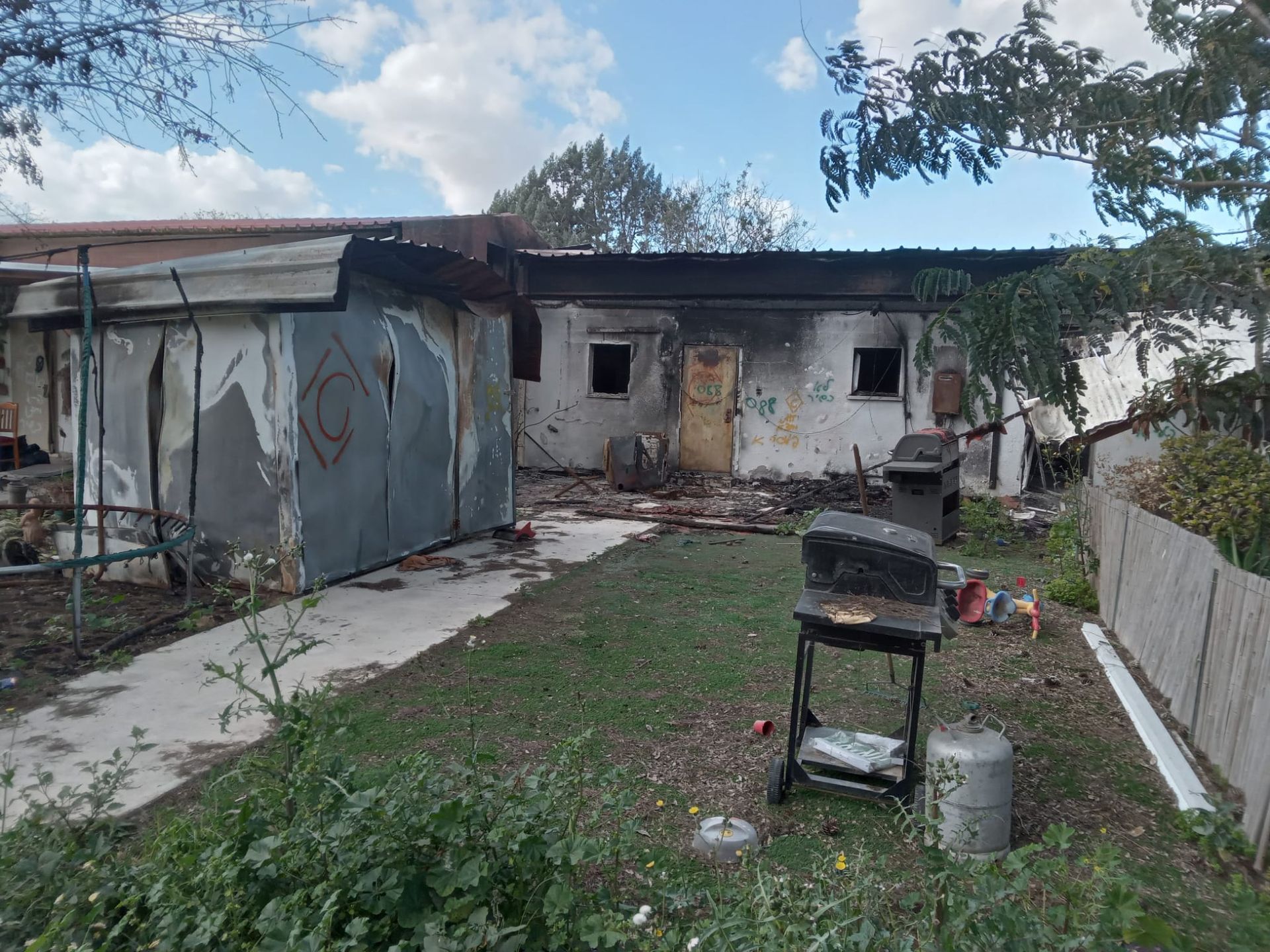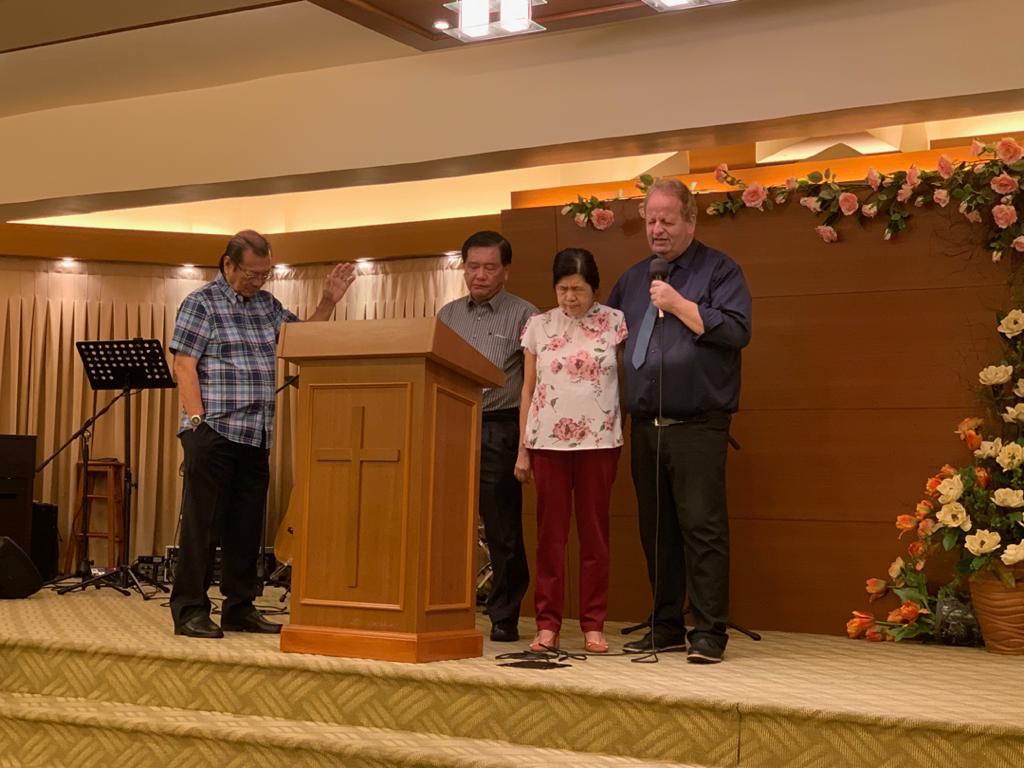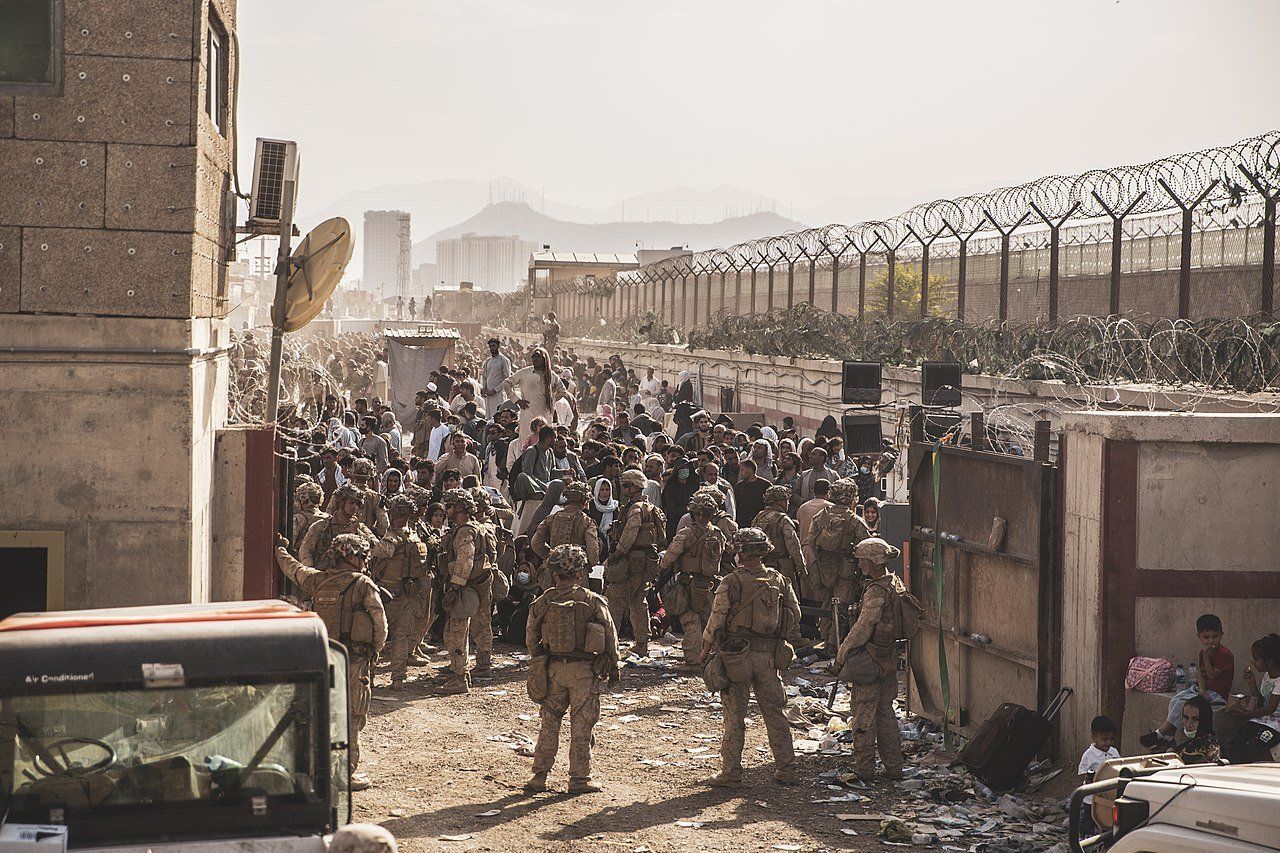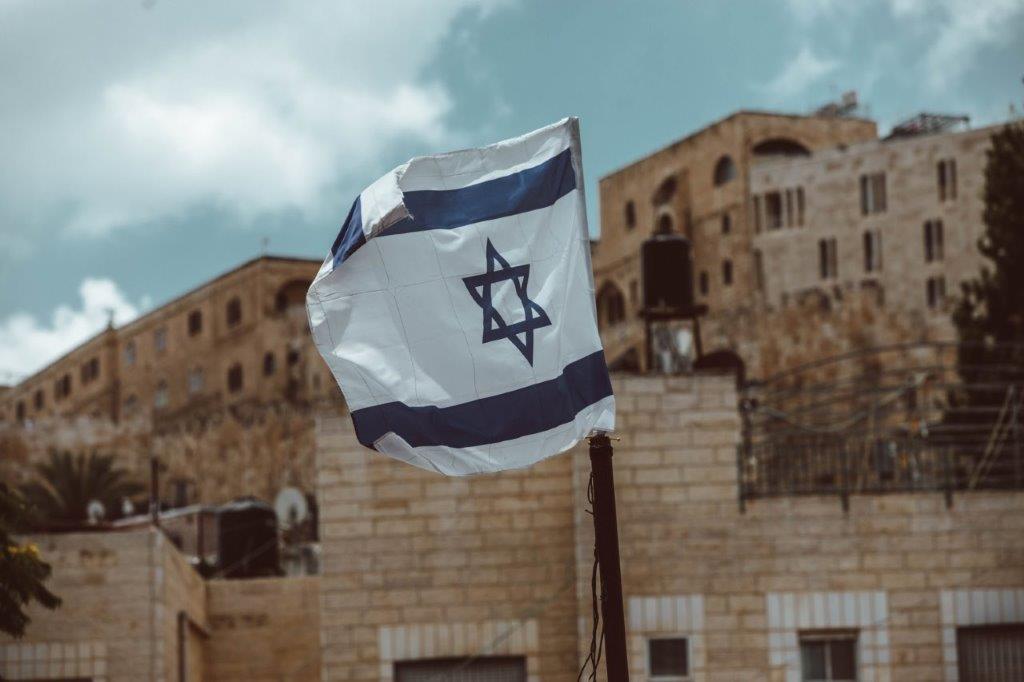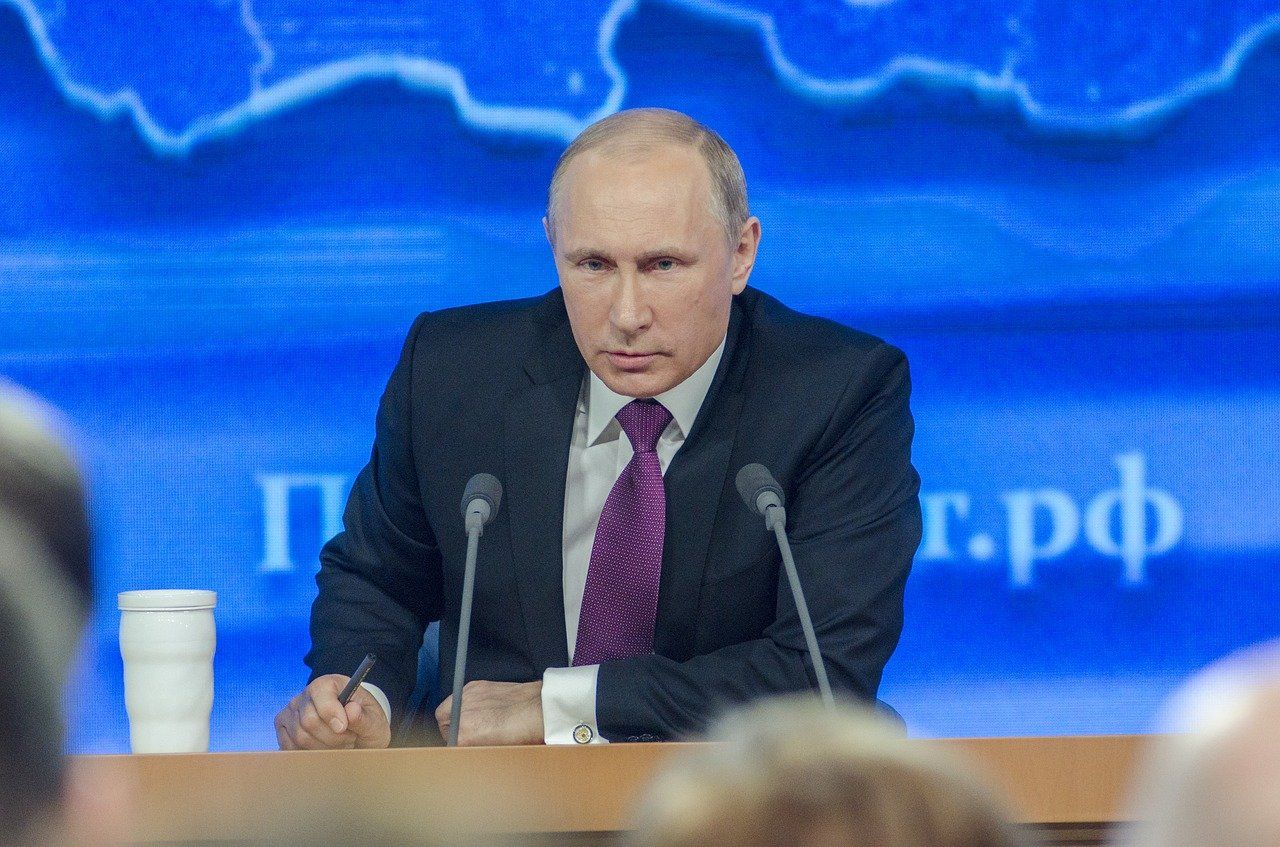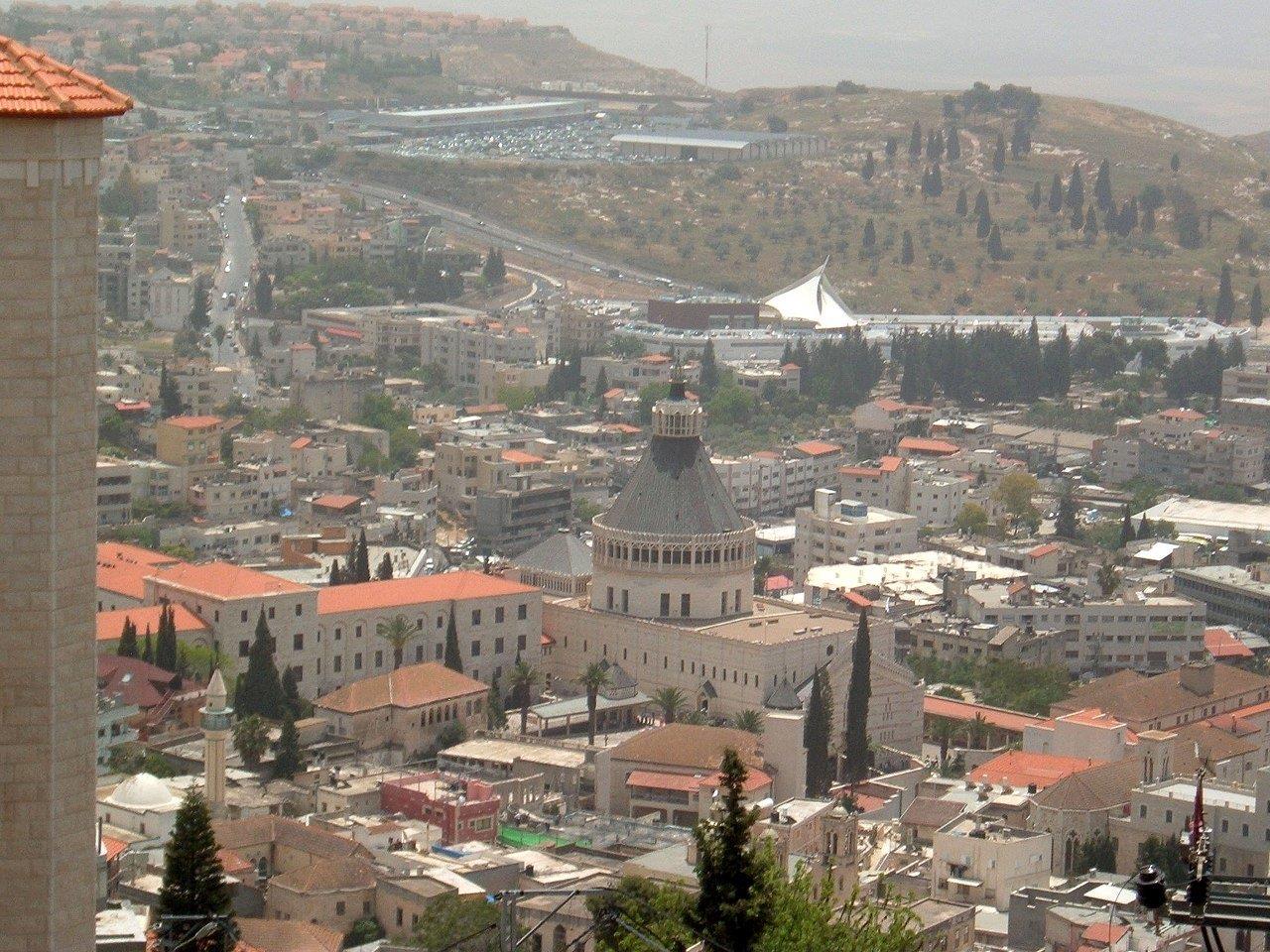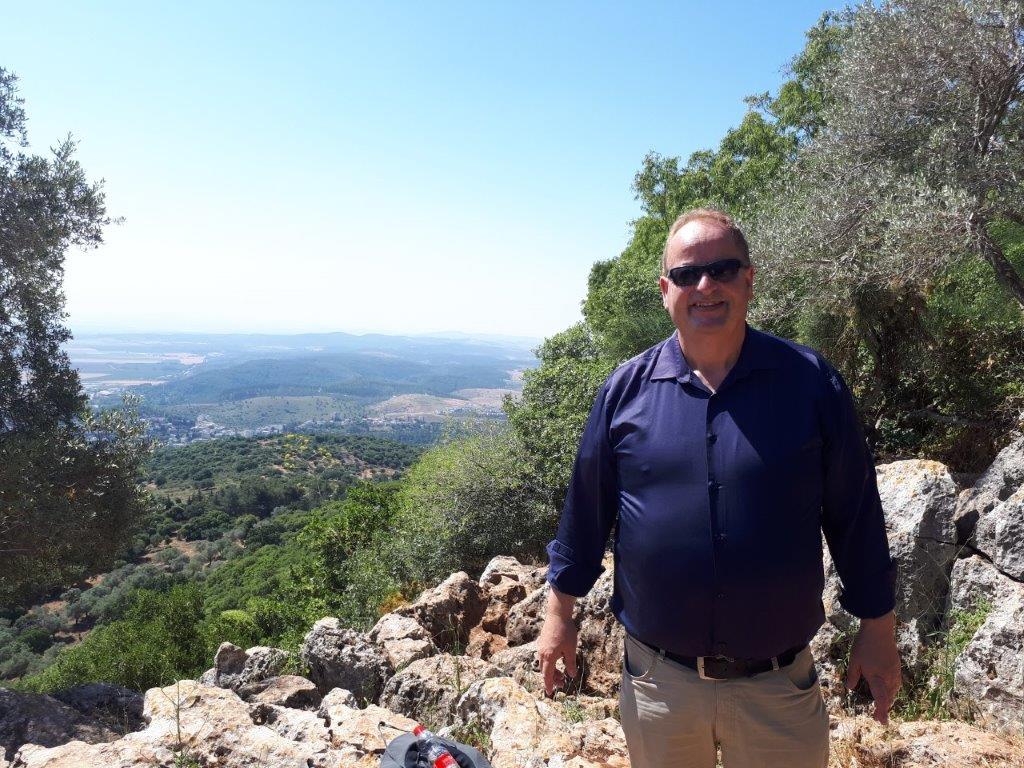Praying for the political reality in Israel
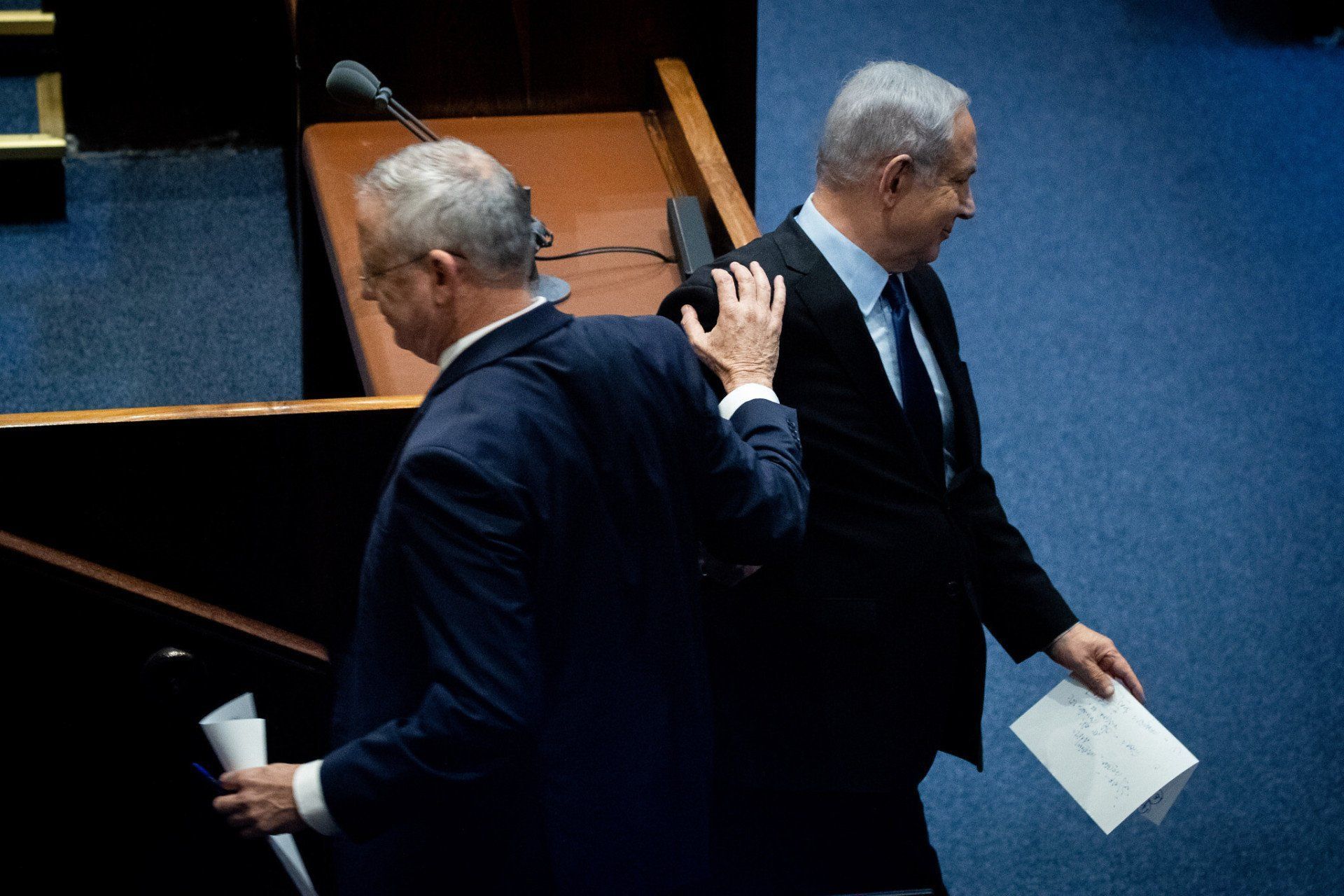
"'Fear not, you worm Jacob, You men of Israel! I will help you,' says the Lord and your Redeemer, the Holy one of Israel." – Isaiah 41:14
From April 2019 until today, in the space of less than a year, Israel and its people have endured three general elections.
Israel’s system of proportional representation means that there will always be a coalition of political parties in any government. So, after every election, parties who may have been bitter enemies on the campaign trail suddenly make alliances to try to form a government.
The political situation in Israel was at a complete standstill until a last-minute deal was struck on 20th April between Bibi Netanyahu and Benny Gantz.
Netanyahu and his Likud party won the largest number of seats in the most recent March election. But even with the help of the right-wing religious parties, Netanyahu could not muster a majority to form a government.
Since December 2018, Netanyahu has headed up a caretaker government. This government has had to respond to the worst global crisis since World War Two: the COVID-19 pandemic.
After the March 2020 elections, Gantz’ Blue and White party made alliances with left and centre-left parties as well as the Arab Joint List, but still could not form a workable government. Their only apparent agreement was in seeking to pass legislation to prevent Netanyahu, or any other politician, from forming a government while under indictment, as is currently the case with Netanyahu.
In light of the coronavirus crisis and the political deadlock, Gantz entered into coalition talks with Netanyahu. This is something he had previously vowed he would never do, and which led to the messy breakup of his own political party. It has now been agreed that there will be a rotation government in which Netanyahu will serve as prime minister for the first 18 months, followed by Gantz for the remainder of the term.
The proposed bill to prohibit any Israeli politician from forming a government while under criminal charges has now been shelved and will not go before the Knesset. Netanyahu himself agreed to this bill prior to his own criminal indictment.
Netanyahu faces charges of three serious cases of bribery and fraud, one of which would carry a prison sentence if he were found guilty.
Once it emerged that these matters would go to Israel’s supreme court, it would have been right for Netanyahu to stand aside and seek to clear his name, in the hope of perhaps resuming his political career in the future if found innocent. But Netanyahu, Israel’s longest-serving prime minister, refused to budge.
Netanyahu’s court case has been postponed until at least May. It was due to be heard in March, but the courts closed for all but the most urgent cases as part of the country’s coronavirus measures.
Many were suspicious about the resolution to freeze the courts: a decision made by the Interim Justice Minister appointed by Netanyahu and announced in the early hours of the morning just days before Netanyahu’s trial was scheduled to begin. There have been discussions in Israel about whether the courts should close at all. Some say that their operation is essential for any functioning democracy.
Among the worldwide body of believers, there are some who support Netanyahu with a zeal that I believe is misplaced and who are convinced that he is the rightful, God-ordained leader of Israel. I believe that, in addition to his underhanded response to the present corruption charges, what happened in the run-up to the first of the three elections last April needs to be understood in order to see how unpleasant the politics have been at this time, and to reach a more balanced view of the situation.
Last April, Netanyahu was worried about the results of the forthcoming election, so he encouraged a small far-right party, Otzma Yehudit (Jewish Power), to run in the election and merge with other right-wing parties in the hope that they would pick up a couple of seats and possibly help bolster Netanyahu’s coalition.
So, what is wrong with that? You may ask.
Otzma Yehudit is an ultra-nationalist, religious far-right party whose members follow the teachings of Rabbi Meir Kahane. Kahane was a racist extremist who believed that all Arabs living in Israel should be forcibly expelled from the land if they were not willing to receive financial incentives to leave of their own accord! His ideology was hate-filled and dangerous.
Because of its extremism, Otzma Yehudit is dismissed out of hand by most Israelis on both sides of the political spectrum and would never be elected. But what was disturbing in the April 2019 election was that Netanyahu, in a desperate attempt to stay in power, encouraged such a dreadful political party to stand, and was willing to consider an alliance.
Thankfully, Otzma Yehudit did not win any seats.
I respect Bibi Netanyahu’s service and leadership of Israel over many years, but I cannot respect what happened last April. I believe that he crossed a line and that his willingness to compromise with an evil ideology should be a red flag to any believer in the Lord.
On Mount Carmel, we are a congregation of Jews, Arabs and others, worshipping the Lord together and proclaiming the incredible biblical unity of "One New Man in Messiah" (Ephesians 2:14-18).
As one of the leaders of our ‘One New Man’ community, how could I vote for a political leader who would align himself with a racist party intent on expelling my Arab brothers and sisters from Israel if it had its way?
Now Benny Gantz has compromised on his own absolute bottom line that he would never enter a coalition with Netanyahu. By reneging on this promise (albeit it with the rationale that he is doing it for the good of the country during this crisis), he has left many of his supporters deeply disillusioned.
Israel’s new so-called national emergency government will be jointly led Bibi Netanyahu and Benny Gantz. Together, they must head up the nation’s battle against coronavirus and its devastating economic and social impact. The need to pray for Israel’s leaders has never been more urgent.
God’s Word must be held above all political opinions and parties, whether in Israel or elsewhere. Sometimes it means we simply cannot vote, but we can pray.
At the top of Mount Carmel, we always pray for our leaders, and never advise anyone how to vote. What we do ask all believers to do is to proclaim God’s powerful Word over Israel.
"Your Kingdom come, Your will be done, on earth as it is in heaven"
(Matthew 6:10) is surely the most powerful and balanced proclamation that can be made, and it still needs to be proclaimed today.
Brothers and sisters, please pray for Israel at this time. But rather than praying for any one political leader or party, please join us in our prayer ‘Your kingdom come, you will be done’ over Israel.
I think it would also be good to pray for a new leader to emerge within Israel, who would not be as tainted as our current leaders are, and who might lead Israel in future years.
Some time ago, I was in one of our intercessory prayer and worship meetings on Mount Carmel, and found myself pronouncing Isaiah 41:14. I winced within myself as the description of Jacob/Israel as a "worm" brought home the reality of who we are before a Holy God.
Yet God, in the same breath, declares that Israel should not be afraid and that He will help her.
We need God to intervene and bless us with a sound and righteous government in Israel.
Please pray for God’s will and purposes to be fulfilled, and that He will save and redeem us at this critical time.
